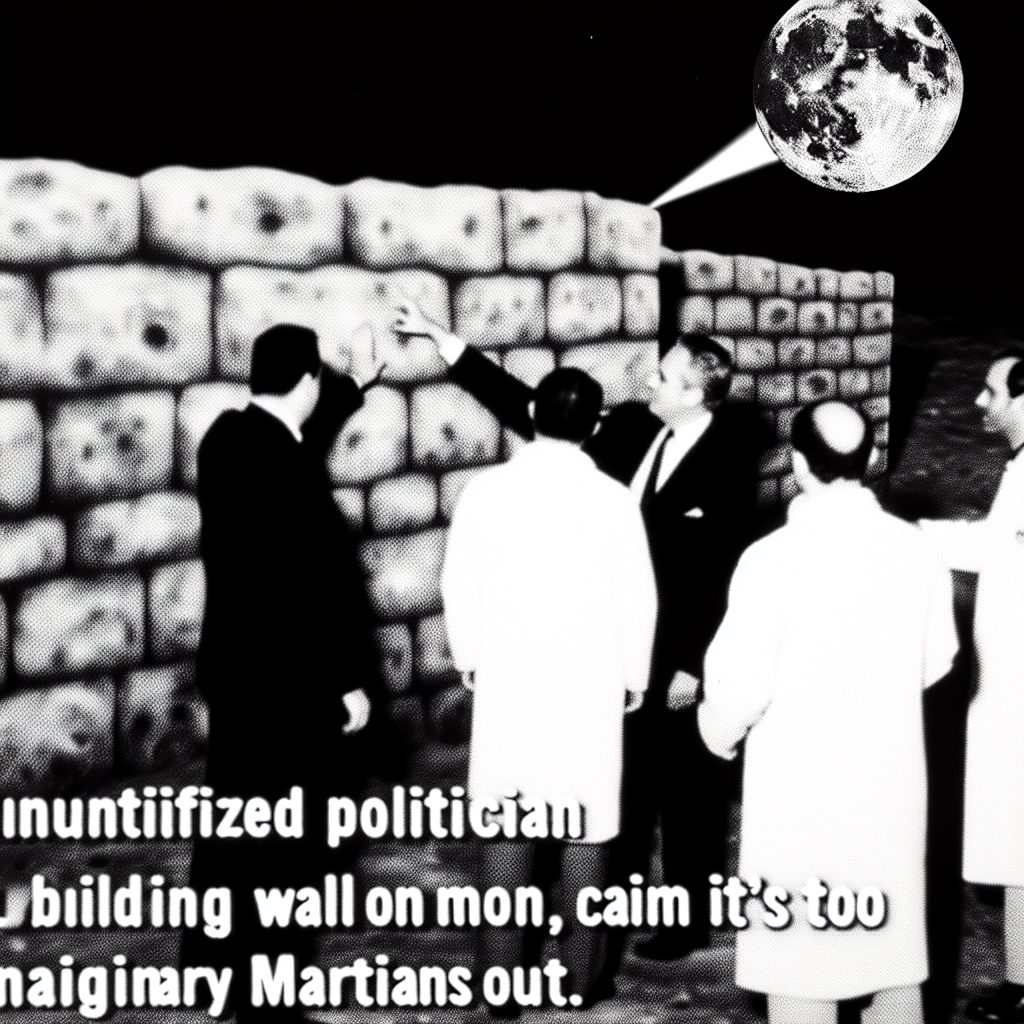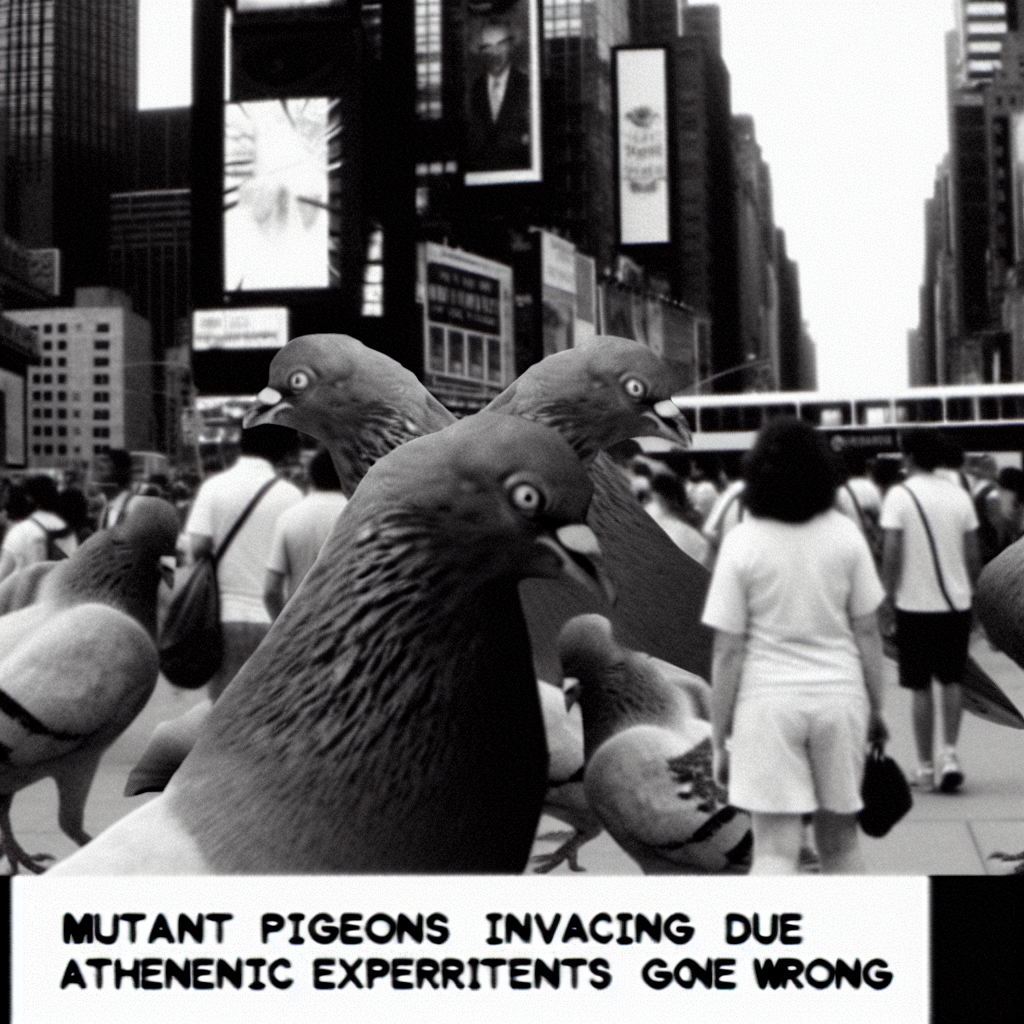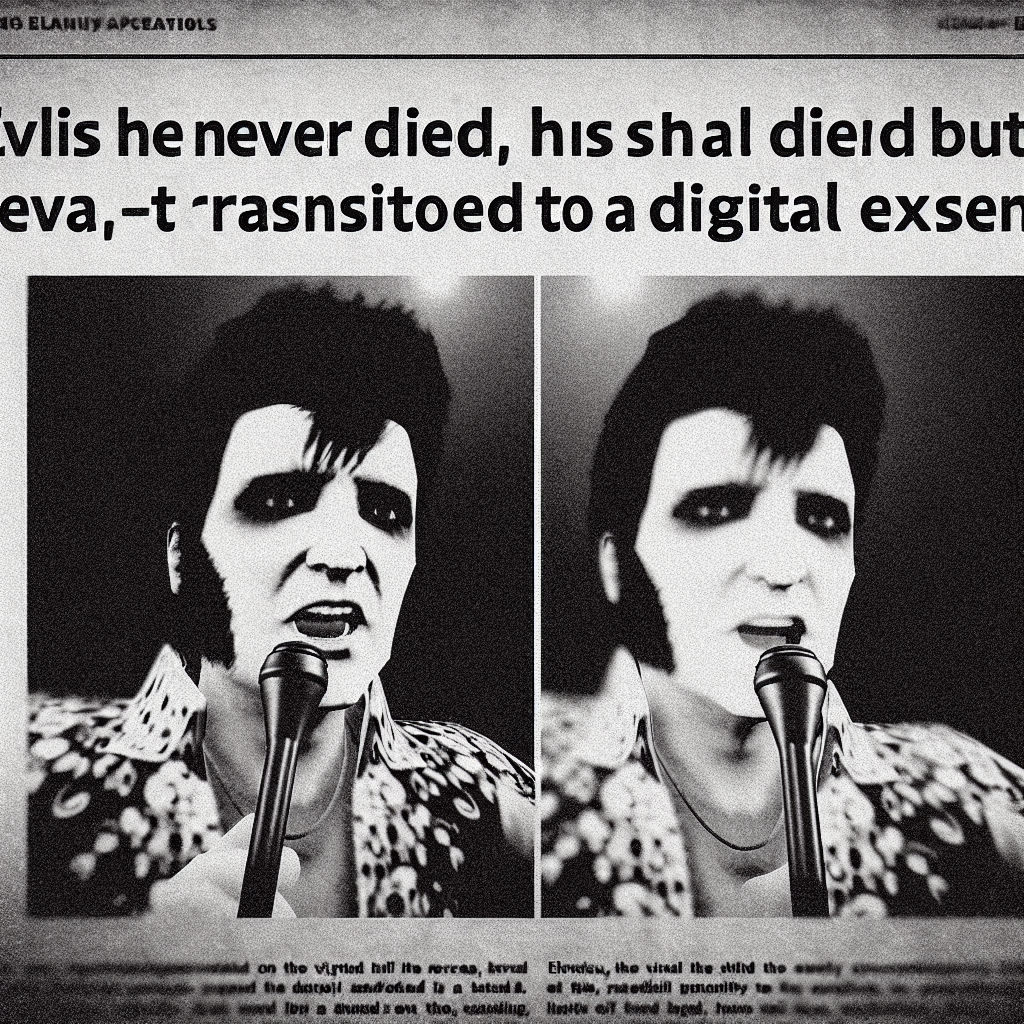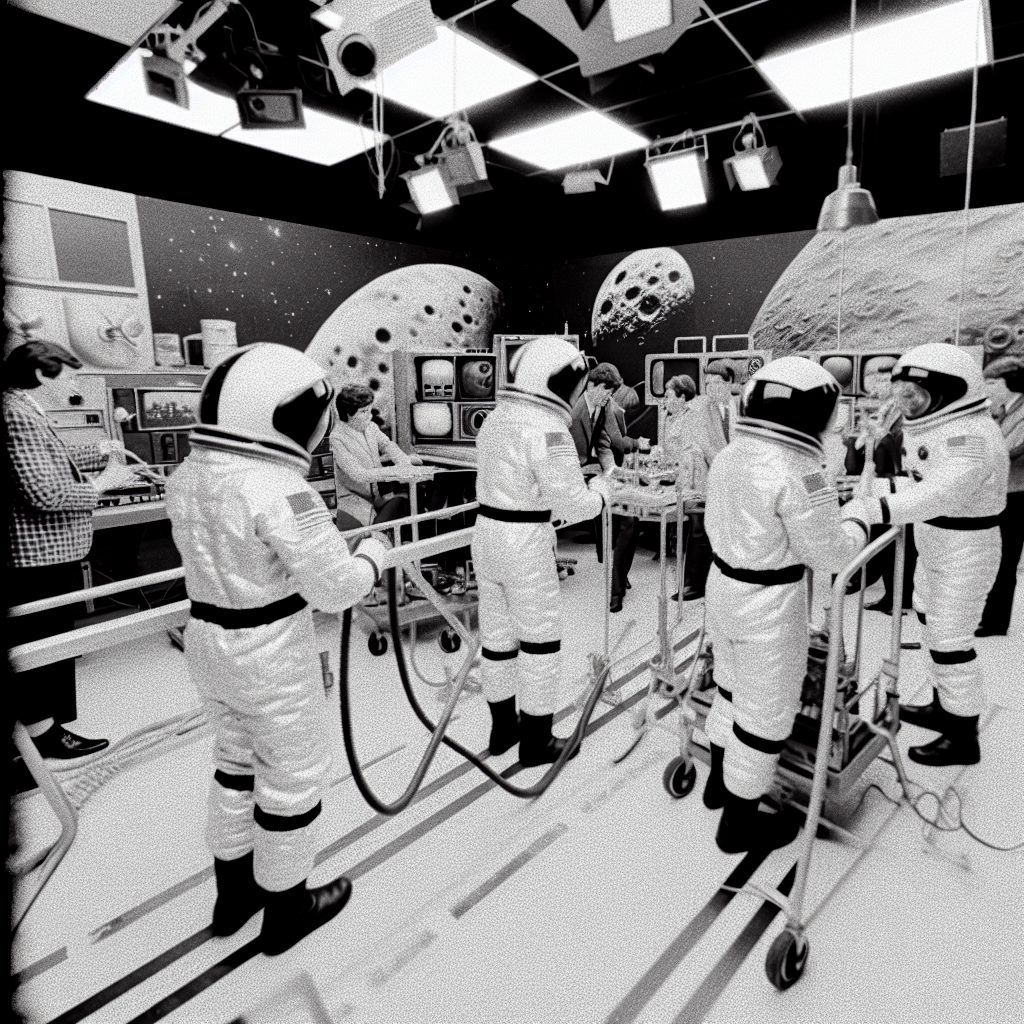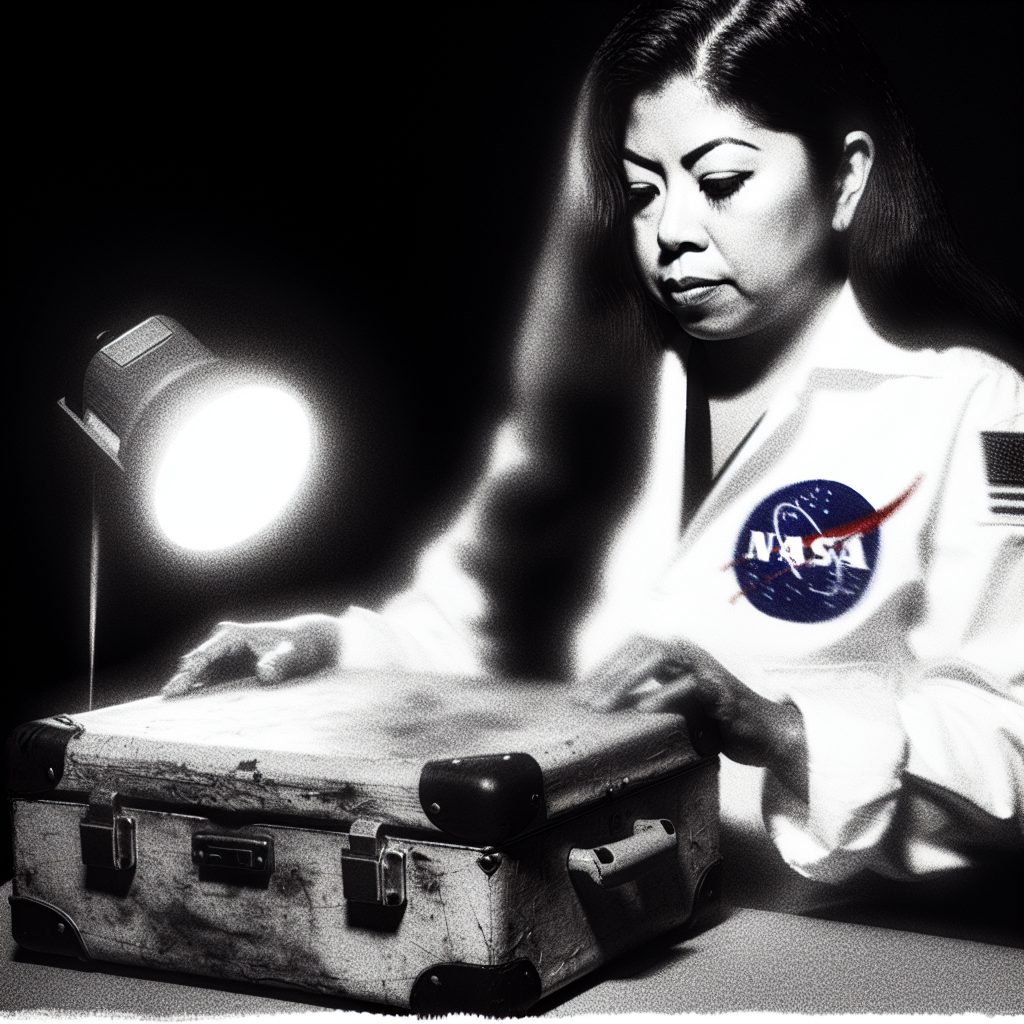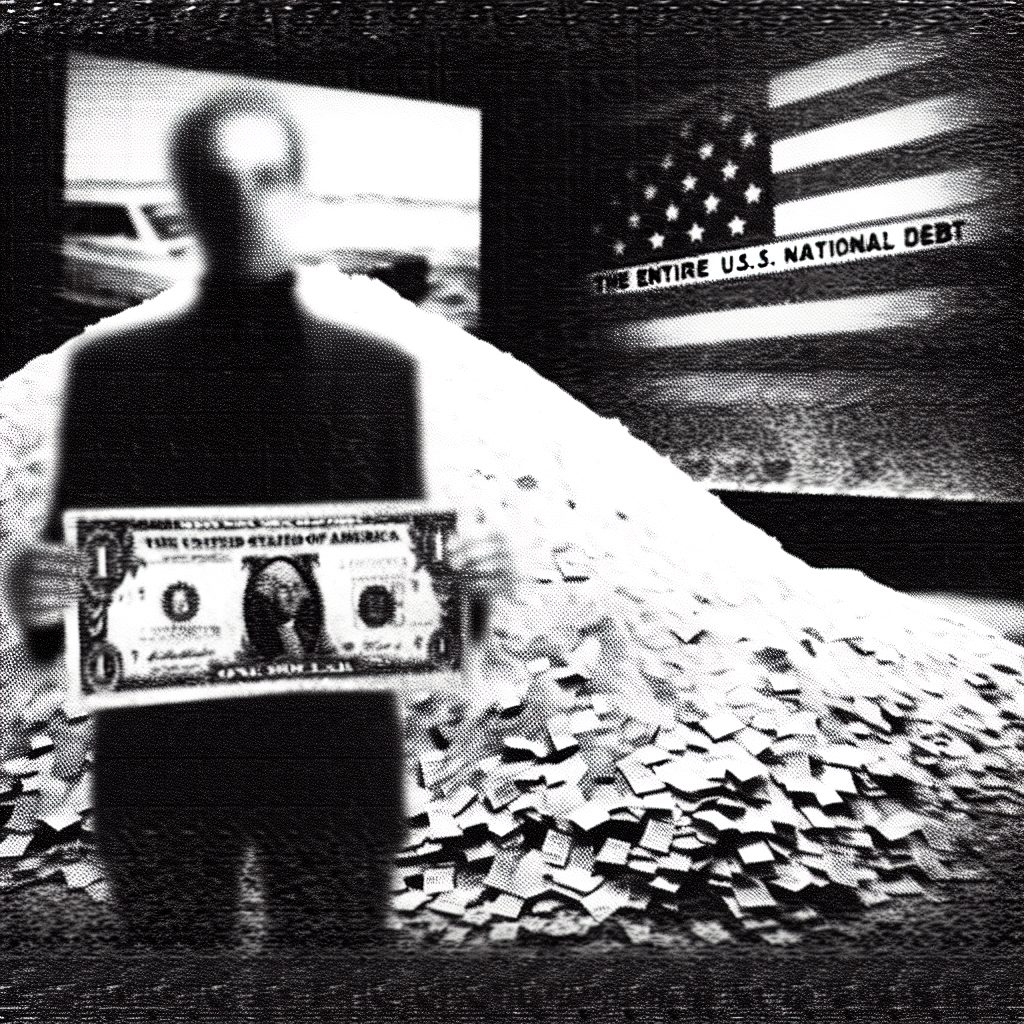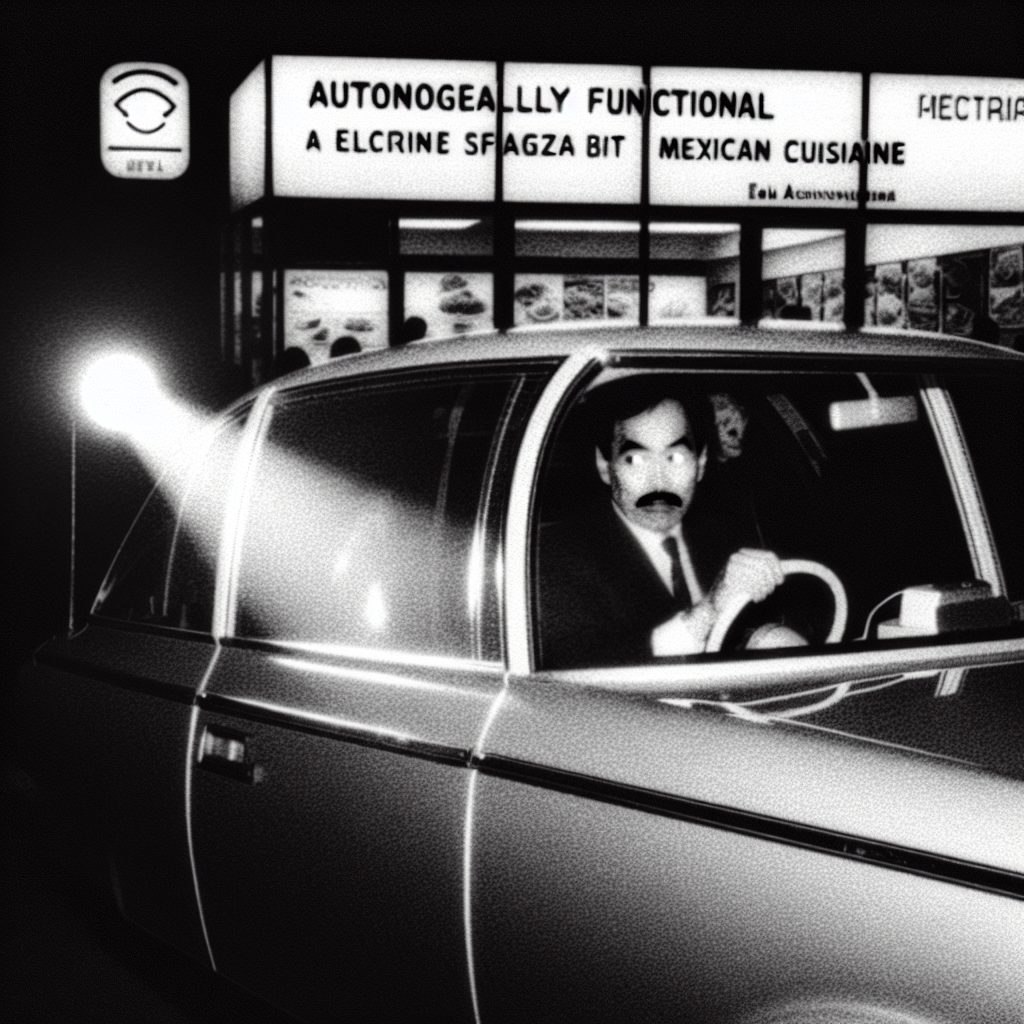Astronauts train for moon reality show
“Big Brother Luna” set to stream live from the surface in 2026
HOUSTON, TX – Deep inside NASA’s Johnson Space Center, behind locked doors marked “AUTHORIZED PERSONNEL ONLY,” a shocking training program is underway that will forever change how humanity views space exploration. Sources within the space agency have confirmed that twelve handpicked astronauts are currently undergoing intensive preparation for “Big Brother Luna” – a reality television show that will broadcast live from the moon’s surface starting in 2026.
The clandestine program, which insiders claim has been in development for over three years, represents an unprecedented fusion of space science and entertainment industry manipulation. These aren’t your typical astronauts training for scientific missions – they’re being groomed to become the first reality TV stars in space, competing for a grand prize rumored to exceed $50 million while millions of earthbound viewers watch their every move.
“I’ve worked maintenance at JSC for fifteen years, and I’ve never seen anything like this,” reveals maintenance worker Jake Morrison, who witnessed the unusual training sessions while servicing air conditioning units in the restricted wing. “They’ve got these astronauts practicing confessional interviews in mock lunar habitats, learning how to create drama while operating life support systems. It’s like they’re training them to survive elimination challenges that could literally mean life or death.”
The show’s format, according to leaked production documents, will feature contestants living in a specially constructed lunar base equipped with dozens of cameras and audio recording devices. Every three days, participants will vote to eliminate one of their fellow astronauts, who will then return to Earth via pre-positioned SpaceX Dragon capsules. The twist that has NASA officials nervous? The remaining contestants must maintain critical base operations with fewer people after each elimination.
But the most disturbing aspect of this cosmic circus isn’t the entertainment value – it’s the shadowy network of corporate sponsors pulling the strings. Industry insiders whisper about a consortium of streaming platforms, aerospace contractors, and international media conglomerates who have collectively invested over $15 billion into making “Big Brother Luna” a reality. The question many are asking is: what aren’t they telling us about their true motivations for putting reality TV on the moon?
“This represents a dangerous commercialization of space that prioritizes entertainment profits over scientific advancement,” warns Dr. Elena Rodriguez, former NASA mission planner turned whistleblower. “But what’s really terrifying is how this show could be used to normalize permanent lunar colonization by private corporations. They’re conditioning the public to view the moon as just another place where people live and work – and fight for our amusement.”
The astronaut selection process itself raises red flags about NASA’s true priorities. Rather than choosing candidates based solely on technical expertise and psychological stability, sources reveal that casting directors from major television networks were involved in the final selection rounds. Physical attractiveness, dramatic personality traits, and social media followings reportedly carried as much weight as engineering degrees and flight experience.
Perhaps most shocking of all are the modifications being made to traditional astronaut training protocols. Alongside learning to operate lunar rovers and conduct scientific experiments, these space-bound reality stars are receiving instruction in conflict resolution, strategic alliance building, and camera-aware behavior. They’re learning to share personal stories that will keep audiences engaged while simultaneously mastering the technical skills needed to survive in one of the universe’s most hostile environments.
The timing of the 2026 launch date appears deliberately chosen to coincide with renewed international tensions over lunar resource rights. Several nations, including China and Russia, have announced competing plans for permanent lunar bases, raising questions about whether “Big Brother Luna” is actually an entertainment program or a cleverly disguised military reconnaissance mission designed to establish American territorial claims on the moon.
As training intensifies and launch preparations accelerate, one thing becomes clear: humanity’s relationship with space exploration will never be the same after “Big Brother Luna” begins broadcasting from 238,900 miles above our heads.
The characters and events depicted in this story are entirely fictitious. Any similarity to real persons, living or dead, or to actual events is unintentional and purely coincidental.



